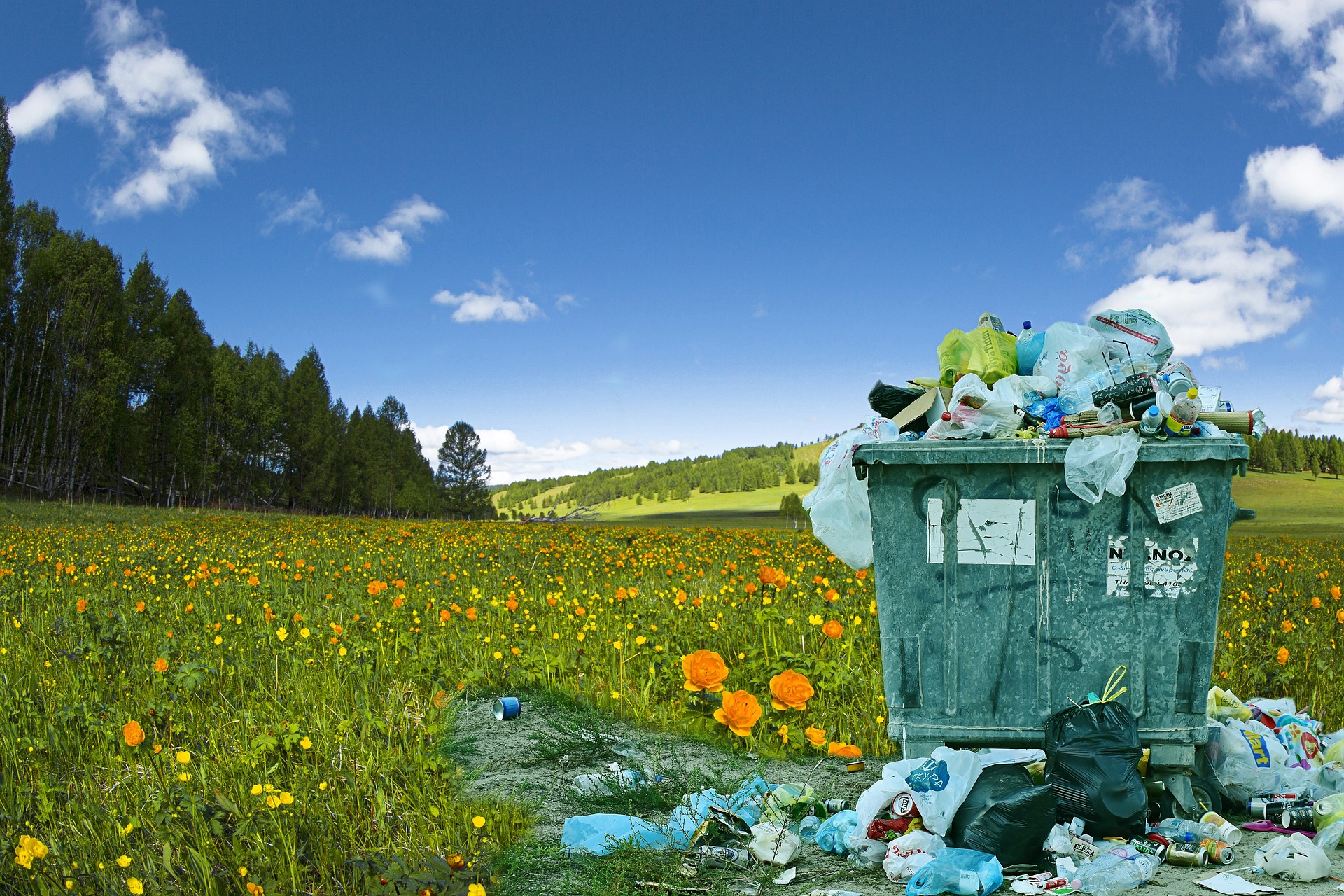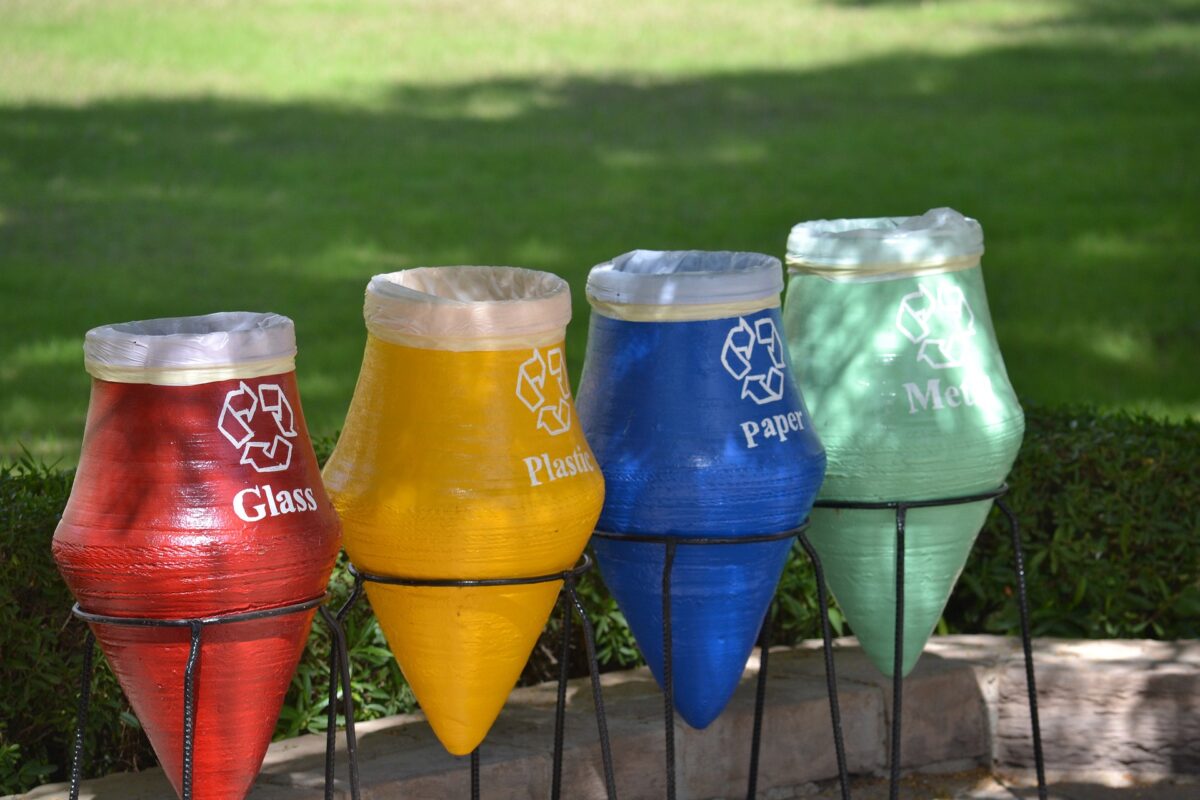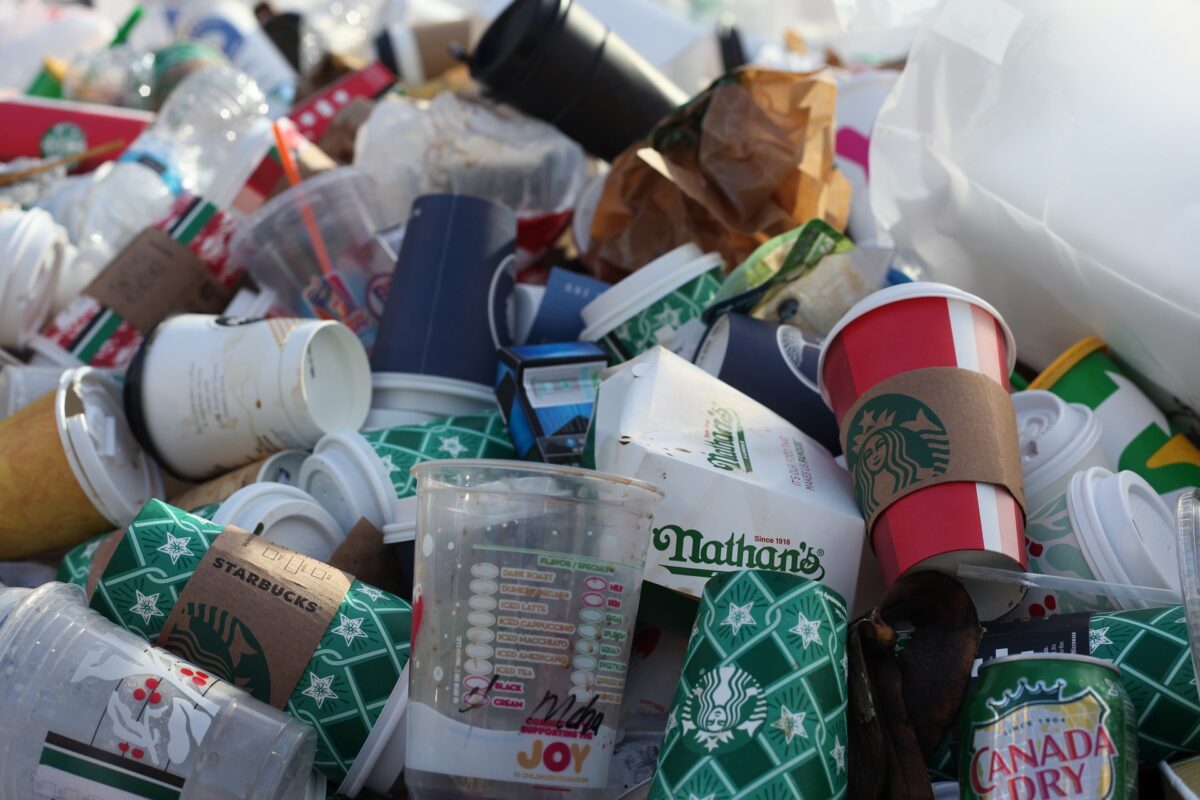
Blog
Recycling Matters: How You Can Build a Greener Future

Climate change is one of the biggest challenges we face today, driven by human activities like greenhouse gas emissions and deforestation. One critical aspect we must address is waste — whether it’s food waste, excessive water consumption, or the growing problem of plastic pollution.
In a world battling climate change and pollution, recycling is one of the easiest and most impactful things we can do to help.
So, let’s dive into why recycling matters, the benefits it brings to the environment (and you!), and how we can all do our part to make recycling second nature.

What Exactly is Recycling?
Recycling is the process of taking materials that would otherwise end up in a landfill — like paper, plastic, glass, or metal — and turning them into something new.
This reduces the need to produce more materials from scratch. Not only does this conserve natural resources, but also cuts down on the pollution and energy used in manufacturing.
Why Recycling is More Important Than Ever
You might be thinking, “Okay, I get it — recycling is good. But how much of an impact can it really make?” The answer is: a lot. Recycling isn’t just about reducing the amount of trash we throw away. It has a ripple effect that touches many aspects of the environment, the economy, and even our communities.
Recycling saves non-renewable resources. For example, by not recycling paper, 80% more wood will need to be harvested by 2010 to meet growing paper consumption demands. However, through active paper recycling, only 20% more wood would need to be harvested by 2010.
It takes 95% less energy to recycle aluminum than it does to make it from raw materials.

More specifically, here are some of the biggest reasons:
1. Cutting Down on Landfill Waste
This is probably the most obvious benefit, but it’s worth emphasizing. Landfills are overflowing. Every year, millions of tons of waste are sent to landfills, where it take decades (or even centuries!) to decompose. As that waste breaks down, it produces harmful greenhouse gases like methane.
By recycling, we can drastically reduce the amount of waste that gets sent to these landfills. Fewer landfills mean less methane, less pollution, and more land that can be used for other, more positive purposes. Imagine if every plastic bottle you tossed in the recycling bin didn’t end up sitting in a landfill for the next 500 years. Pretty powerful, right?
In 2018, about 146.1 million tons of MSW(municipal solid waste) were landfilled in the U.S.
In Canada approximately 97% of the waste requiring final disposal is sent to landfills, while 3% is incinerated.
2. Conserving Natural Resources
When you recycle, you help conserve the earth’s natural resources. Let’s break it down:
- Paper: According to the Environmental Protection Agency, every ton of recycled paper saves about 17 trees, which continue to absorb CO2, produce oxygen, and support wildlife. Additionally, it conserves more than 3.3 cubic yards of landfill space.
- Plastic: Recycling plastic means less reliance on petroleum, which is a finite resource. Instead of extracting more oil, we can reuse the plastic we already have. Recycling one ton of plastic saves up to 2,000 gallons (7,570 litter) of oil.
- Metals: Metals like aluminum and steel are mined from the earth, which requires a ton of energy and can cause environmental damage. Recycling these materials uses way less energy — 95% less in the case of aluminum!
By choosing to recycle, you help protect these resources for future generations.

3. Saving Energy and Reducing Carbon Emissions
Speaking of energy, did you know that recycling saves a significant amount of it? Here’s an interesting fact: Recycling just one aluminum can saves enough energy to power a TV for three hours. (Based on the data from EPA)
Now multiply that by the billions of cans people use each year. That’s a lot of energy saved!
Another research shows that in 2019, a total of 8.39 million tons of high-end applications were recovered, carbon emissions during the recycling process were 34.9 million tons. The total emission reduced 24.47 million tons of CO2 compared to the original production.
4. Creating Jobs and Boosting the Economy
Recycling isn’t just good for the environment — it’s good for the economy, too. The recycling industry creates jobs at every stage of the process: from collecting and sorting recyclables to processing them into new products. In fact, the recycling industry supports nearly 500,000 jobs in the United States alone!
Plus, businesses that use recycled materials often save money, which can lead to lower prices for consumers. It’s a full-circle benefit: Recycling reduces waste, protects the planet, and helps boost the economy.
In 2022, it is projected to be worth $60.41 billion, and by 2030 a much larger $88.01 billion. Therefore, there will be more jobs and the economy is going to grow.
Challenges in Recycling (And How We Can Do Better)
As we’ve gone through, recycling is clearly important. But it is not enough, and like anything else, it comes with challenges. What is the reason of preventing the recycling?

1. Contamination
One of the biggest issues in recycling today is contamination. This happens when people throw non-recyclable items into recycling bins. Maybe it’s wishful thinking — people want to recycle as much as possible, so they toss in that greasy pizza box or plastic bag, hoping it can be reused. Unfortunately, this contamination can ruin entire batches of recyclables, making them unusable.
Sorting the trash can be complicated, right? That’s because the rules for separating garbage differ depending on when and where you dispose of it.
2. Access to Recycling Programs
In some areas, recycling programs are easy to access and well-supported. But in others, the infrastructure simply isn’t there yet. Rural communities, for example, often don’t have the same level of recycling services as urban areas. To make significant progress, governments and businesses need to invest in improving recycling infrastructure.
3. Consumer Awareness
Sometimes, people just don’t know the impact recycling can have — or how to do it properly. That’s where awareness campaigns come in. If we can spread the message about the benefits of recycling and teach people the right way to recycle, we’ll see even greater participation and better results.

Canada currently recycles only 8% of its plastic waste each year. While we know that something like plastic or water can be recycled, many of us don’t realize just how little we are actually recycling. We need to expand our understanding as much as possible.
Conclusion
Recycling is one of the simplest ways we can all help create a healthier planet. It minimizes waste, conserves resources, saves energy, and combats climate change. There are many actions we can take, such as learning which materials are recyclable and rinsing items before recycling them. By doing so, we actively contribute to improving the environment.
Additionally, we can support the environment not just through recycling, but also by backing companies that work to reduce CO2 emissions and create carbon credits. Together, we can make a meaningful impact.
